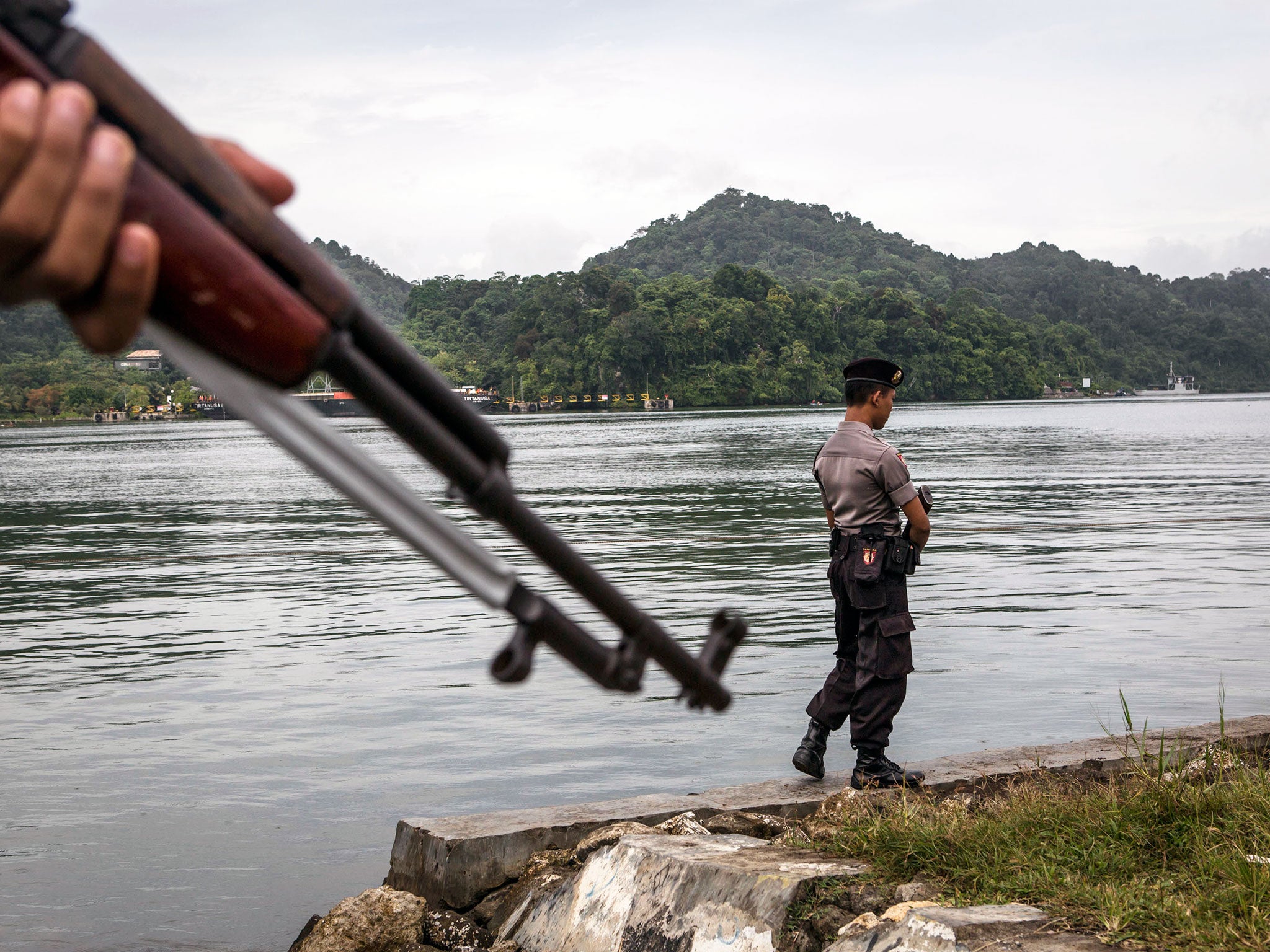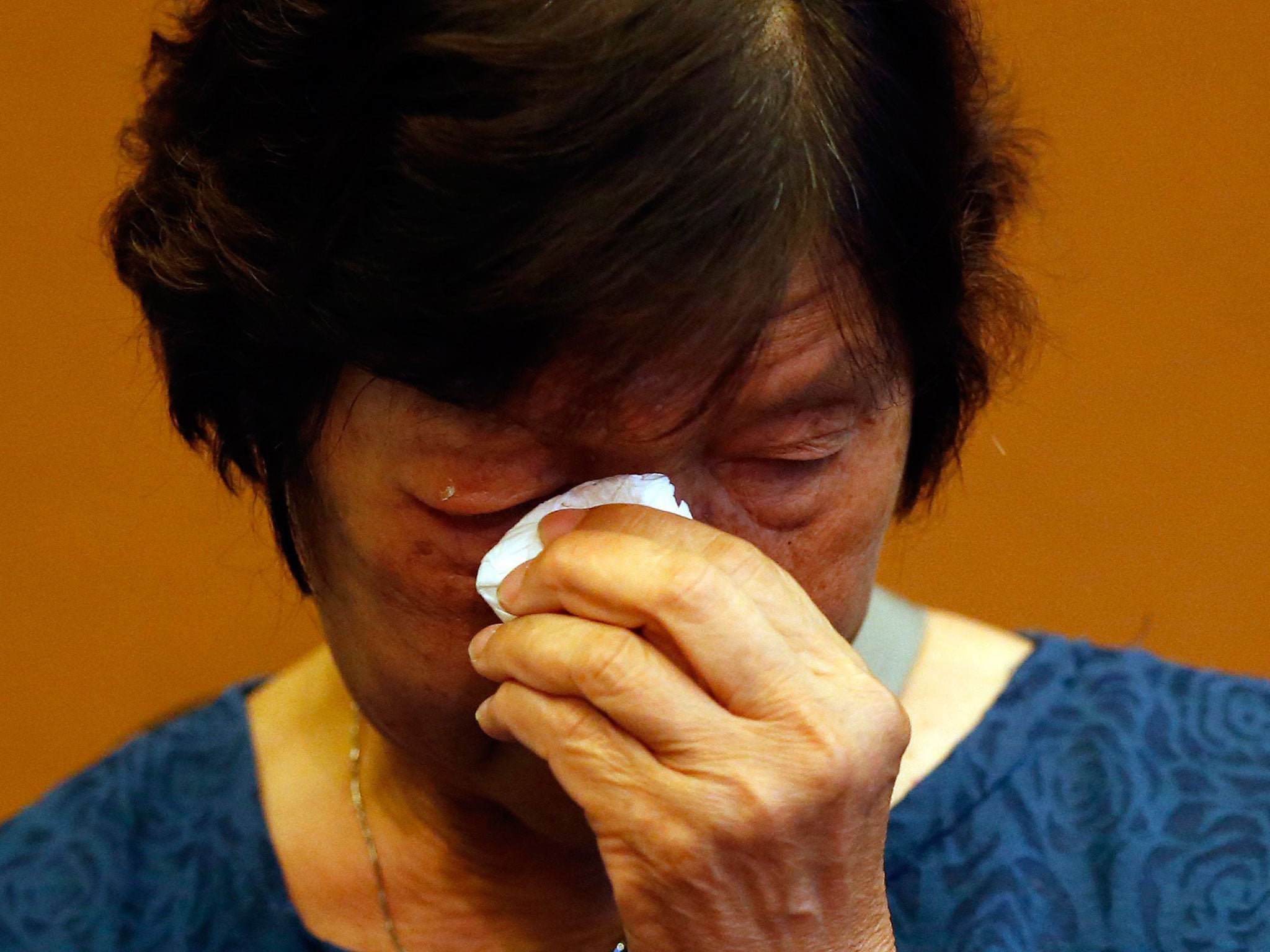Bali nine: Welcome to 'Execution Island' – the Indonesian holiday resort where foreigners are sent to die
Andrew Chan and Myuran Sukumaran were convicted in 2006 of recruiting seven others to smuggle 18 pounds of heroin

Your support helps us to tell the story
This election is still a dead heat, according to most polls. In a fight with such wafer-thin margins, we need reporters on the ground talking to the people Trump and Harris are courting. Your support allows us to keep sending journalists to the story.
The Independent is trusted by 27 million Americans from across the entire political spectrum every month. Unlike many other quality news outlets, we choose not to lock you out of our reporting and analysis with paywalls. But quality journalism must still be paid for.
Help us keep bring these critical stories to light. Your support makes all the difference.
Nusakambangan Island is a land of many names. To some, it’s known as the “Indonesian Alcatraz,” an island fortress where the baddest members of Indonesian society are sequestered, imprisoned and executed by firing squad.
While the seven got lesser sentences, Chan and Sukumaran arrived on the island early Wednesday. Within the next few days, barring a last-minute reprieve, they will face death by firing squad along with other foreigners from Brazil, France, Ghana and Nigeria.
The case has roiled Australia, which doesn’t have the death penalty, spawning countless newspaper articles, outraging Prime Minister Tony Abbott and sparking a diplomatic crisis. Abbott predicted, according to the Telegraph, that relations between Australia and Indonesia were going to go through a “very difficult period. … We frankly are revolted by the prospect of these executions.
Millions of Australians feel quite angry” and “sick in the guts.” Added the country’s foreign minister: “I am sure that Indonesia understands it will have consequences.”
The consequences will be felt most severely for Chan and Sukumaran, who have spent the past decade inside a Bali prison.
When they arrive at the island, which is inhabited by drug dealers, murderers and political opposition figures, they will find a land of brutality and beauty. The island is awash in one of the world’s most biodiverse fauna and flora, some of which is extinct on the other islands.

But despite the island’s ecological wonders, that isn’t what has made it famous.
For those condemned to die, the execution usually goes like this: The inmates are taken deep into the woods at midnight, reported the Sydney Morning Herald. They are blindfolded. Then they are told to sit or crouch down.
Once immobilized, a dozen gunmen take aim and shoot them in the chest. If the prisoner survives, the Herald noted, “the commander will shoot him or her point-blank in the head.”
“Their death zone is known as Nirbaya, about three kilometers [about two miles] south of the jail, up a winding narrow dirt track,” one report on the island quoted by the Herald said. “The area itself is fringed by a mandarin and orange orchard.”
Two Australian drug traffickers Andrew Chan (L) and Myuran Sukumaran (R) the ringleaders of the "Bali Nine" drug ring, are seen in a holding cell while awaiting court trial in Denpasar, on Bali island (Getty Images)
The imagery is fitting for the island — a place teeming with life, but also haunted by death. It’s a place where the act of killing is conducted with brisk efficiency.
“We are ready to carry out the executions,” Justice and Human Rights Minister Yasona Laoly said in Jakarta on Tuesday.
Executions for drug offenses have stirred continuing controversy, but Indonesia has some of the strictest drug laws in the world and has no reservations over executing foreigners regardless of diplomatic fallout.
Read more: Bali Nine: Indonesia and Australia in war of words over planned executions of ringleaders Myuran Sukumaran and Andrew Chan
“I will say this firmly: Don’t interfere with the executions, because it is our sovereign right to exercise our laws,” Indonesian President Joko Widodo said last week. “Our law still recognizes the death penalty.”
And it exercised that right in January. That was when a Norwegian and a Brazilian national, who was found to have nearly 30 pounds of cocaine inside his paraglider, were killed by firing squad on the feared island. Both countries pulled out their ambassadors in the tense aftermath.

The island was also the site of one of the country’s most infamous executions: the death of the Bali bombers. In 2002, the men plotted a terrorist attack which killed 202 people in Bali. So, in 2008, American journalist Peter Gelling ventured out to the far-flung island in a “small, wooden boat” to visit the condemned in their final weeks.
“After we pulled into the dock, a motorcycle taxi took us down the dilapidated coastal road to Batu Prison, designated as the most secure on the island. At its entrance, the deputy warden greeted us as a herd of goats ambled by.”
Weeks later, the bombers were dead, killed on what seems to some to be a wondrous vacation spot. “The whole experience was rather surreal,” Australian journalist Mark Forbes told the Sydney Morning Herald.
“Aside from the security and having to pass through several barred doors, it was like a holiday trip, with the boat trip, sunny weather, and people joking and laughing. It didn’t feel like you had just walked into the last stop for these men before their executions.”
Copyright: Washington Post
Subscribe to Independent Premium to bookmark this article
Want to bookmark your favourite articles and stories to read or reference later? Start your Independent Premium subscription today.
Join our commenting forum
Join thought-provoking conversations, follow other Independent readers and see their replies
Comments